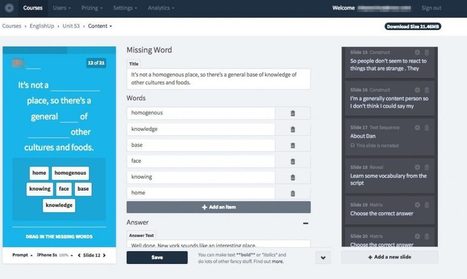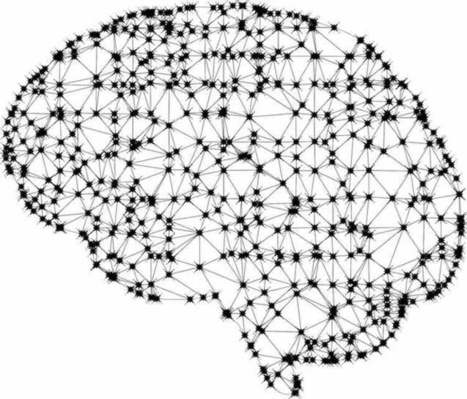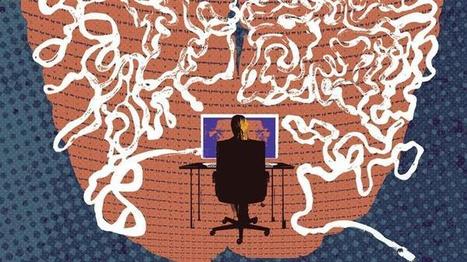Via WebTeachers, Miloš Bajčetić
Research and publish the best content.
Get Started for FREE
Sign up with Facebook Sign up with X
I don't have a Facebook or a X account
Already have an account: Login

Making the help and information to every body
Curated by
Ricard Lloria
 Your new post is loading... Your new post is loading...
 Your new post is loading... Your new post is loading...
|

Ashley Hoyer's comment,
November 16, 2017 9:59 PM
@Tera S. Ellis You're right- it is possible that they could become a behavior problem. That makes me think of a child in my classroom- he hasn't been identified in our TAG program; however, I will be recommending him for next year. He tends to distract others and interrupt the learning of others quite possibly because he is completed and not being challenged enough.

Cheryl Turner's comment,
November 16, 2017 11:13 PM
Ashley and Tera , thanks for your comments but you are misunderstanding the definition of cognitive load. It doesn't have any thing to do with gifted learners not being stimulated. It has to do with the amount of information any person can handle focusing on at any one time. For instance, if you are trying to do a difficult math problem while listening to a challenging jazz riff or perhaps watch a movie at the same time, the cognitive load of those tasks in combination is going to be excessive. in that situation, you would not be effective at the math problem, because you have increased the cognitive load of the task. You have not increased the difficulty level of the task, in terms of its abstractness or the level of challenge for the mind trying to figure it out, but you have made the conditions less than optimal for that mind to operate on that task.

Ashley Hoyer's comment,
November 19, 2017 4:12 PM
@Cheryl Turner I really appreciate the clarification!
|







![Your Life In Numbers: How Do You Use Your Time [#Infographic] | Help and Support everybody around the world | Scoop.it](https://img.scoop.it/IOityXnv9egbS50MgwpXGTl72eJkfbmt4t8yenImKBVvK0kTmF0xjctABnaLJIm9)






